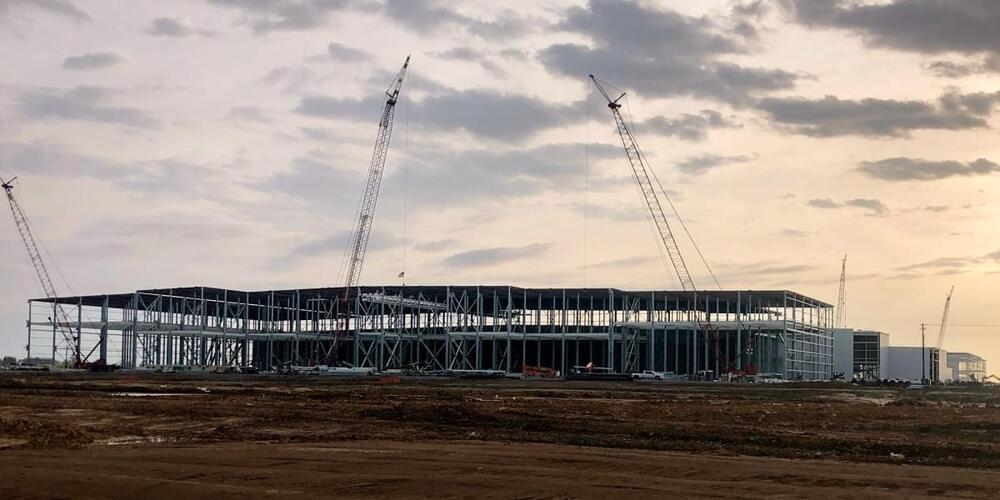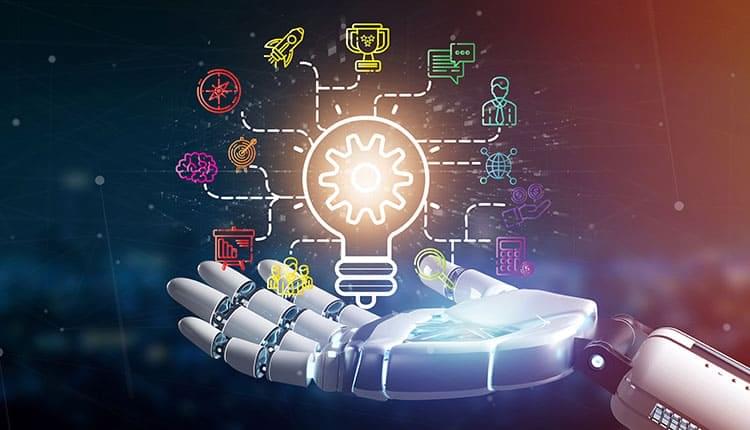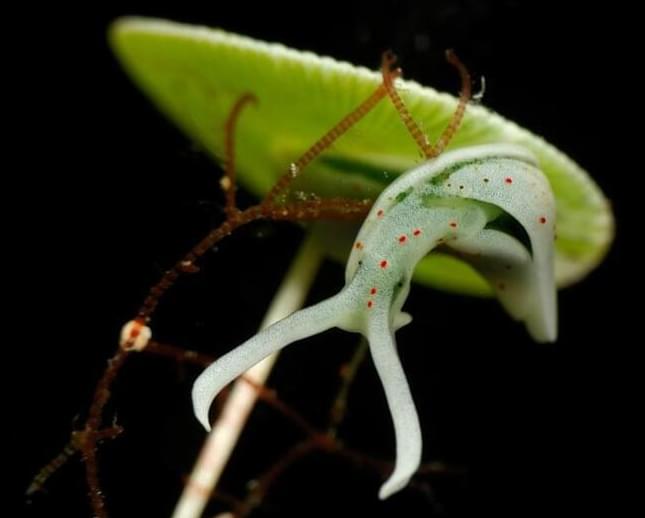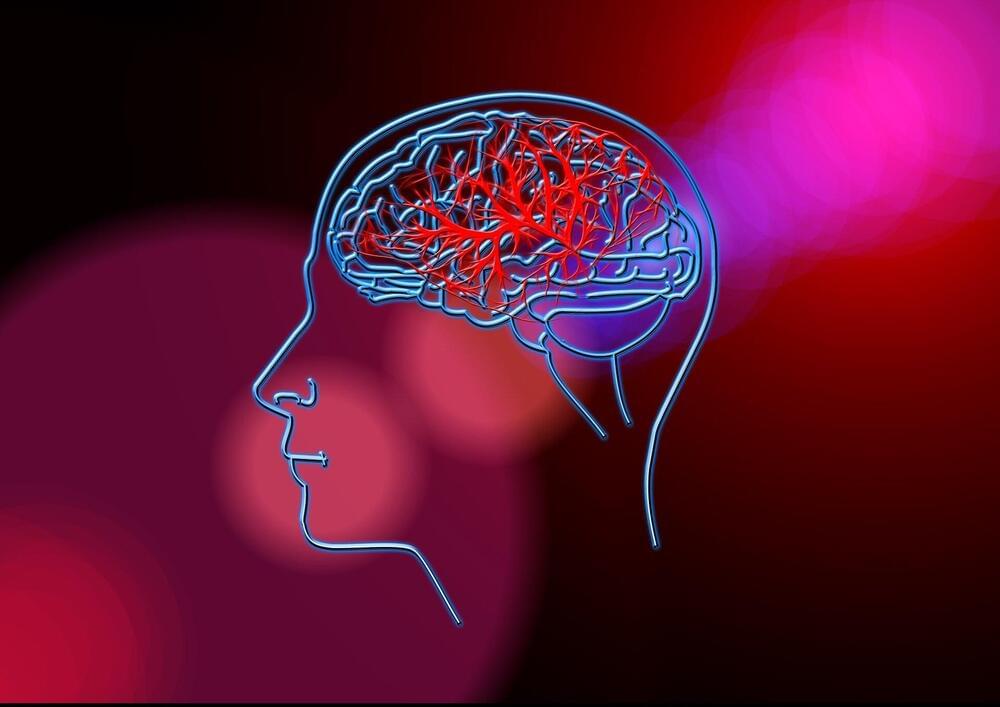Checking in with the landmark Inflation Reduction Act, one year later.


🔒 Keep Your Digital Life Private and Stay Safe Online: https://nordvpn.com/safetyfirst.
Welcome to our channel! In this exciting video, we delve into the fascinating realm of artificial intelligence (AI) and explore the question that has intrigued tech enthusiasts and experts alike: “How powerful will AI be in 2030?” Join us as we embark on a captivating journey into the future of AI, examining the possibilities, advancements, and potential impact that await us.
In the next decade, AI is poised to revolutionize numerous industries and transform the way we live and work. As we peer into the crystal ball of technological progress, we aim to shed light on the potential power and capabilities that AI could possess by 2030. Brace yourself for mind-blowing insights and expert analysis that will leave you in awe.
We begin by exploring the current state of AI and its rapid advancements. From machine learning algorithms to neural networks and deep learning models, AI has already demonstrated exceptional prowess in various fields, including healthcare, finance, transportation, and more. By building upon these achievements, AI is set to evolve exponentially, opening doors to a future where intelligent machines collaborate seamlessly with humans.
Throughout this video, we delve into key areas where AI is expected to make significant strides by 2030. We discuss advancements in natural language processing, computer vision, robotics, and autonomous systems. Witness the potential of AI-powered virtual assistants, autonomous vehicles, medical diagnostics, and even the integration of AI in our daily lives.
To provide a comprehensive perspective, we draw insights from leading AI researchers, industry pioneers, and thought leaders who offer their expert opinions on the future trajectory of AI. Their invaluable insights help us paint a vivid picture of the exciting possibilities that await us in the next decade.
Join us on this thought-provoking journey into the future, as we ponder the ethical implications, challenges, and potential risks that arise with the growing power of AI. By understanding the trajectory of AI development, we can prepare ourselves for a future where humans and intelligent machines coexist harmoniously.

Jidoka Technologies, among the pioneers in the field of automated cognitive inspection for manufacturing, is happy to announce the launch of its innovative self-training software designed to revolutionise AI-based object detection techniques. In the era of rapidly evolving technologies, visual quality in manufacturing is not always binary – OK or NOK, and is highly subjective. It relies on people’s experience and expertise for decisions that need to be taken within seconds despite the presence of rules and SOP.
The criteria for accepting or rejecting defects in components can fluctuate due to factors like environmental conditions, the influence of external elements such as oil and dust on the part, and changes in standards based on the part’s functionality and its intended user. Although these variations are in the acceptable range, automated machine systems that rely on rule-based approaches would be rejecting the parts leading to a high percentage of false positives.
For over three years, Jidoka Technologies has been deploying its AI-driven software to address complex visual inspection tasks, with a track record of over 40 success stories spanning across automotive, consumer goods, print, and packaging industries. Customers have been asking for self-training for two use-cases, where there is a change in environment or variations for existing lines or where there is a high mix-low volume eg: the PCB industry where the requirements are dynamically changing. By building on this rich experience, the organisation is now introducing its self-training software, empowering customers with the ability to independently train and deploy AI models on the go.


A glimpse into the dynamics between a man and a self-conscious machine.
Artificial Intelligence (AI) in a nutshell
Artificial intelligence (AI) and Cognitive robotics are the two stalwart fields of design and engineering, seizing all the spotlight lately. Artificial intelligence is a human intelligence simulation processed by machines, whereas cognitive robotics is the corollary of robotics and cognitive science that deals with cognitive phenomena like learning, reasoning, perception, anticipation, memory, and attention. Robotics is a part of AI, where the robots are programmed with artificial intelligence to perform the tasks, and AI is the program or algorithm that a robot employs to perform cognitive functions. In simpler terms, a robot is a machine, and AI is the intellect fuel fortified to ignite perceptual abilities in a machine.
// Membership //
Want to learn all about cyber-security and become an ethical hacker? Join this channel now to gain access into exclusive ethical hacking videos by clicking this link: https://www.youtube.com/channel/UC1szFCBUWXY3ESff8dJjjzw/join.
// Courses //
Full Ethical Hacking Course: https://www.udemy.com/course/full-web-ethical-hacking-course/
Full Web Ethical Hacking Course: https://www.udemy.com/course/full-web-ethical-hacking-course/
Full Mobile Hacking Course: https://www.udemy.com/course/full-mobile-hacking-course/
// Books //
Kali Linux Hacking: https://amzn.to/3IUXaJv.
Linux Basics for Hackers: https://amzn.to/3EzRPV6
The Ultimate Kali Linux Book: https://amzn.to/3m7cutD
// Social Links //
Website: https://www.loiliangyang.com.
Facebook: https://www.facebook.com/Loiliangyang/
Instagram: https://www.instagram.com/loiliangyang/
LinkedIn: https://www.linkedin.com/in/loiliangyang/
// Disclaimer //
Hacking without permission is illegal. This channel is strictly educational for learning about cyber-security in the areas of ethical hacking and penetration testing so that we can protect ourselves against the real hackers.

Canada: The European Society of Cardiology (ESC) has taken a significant stride in the field of heart failure management with a focused update to their heart failure guidelines. This update incorporates crucial data from nearly a dozen new clinical trials that have been published since 2021. The trials include notable studies such as EMPEROR-Preserved, DELIVER, STRONG-HF, IRONMAN, and more. The updated guidelines, which were unveiled on the opening day of the ESC Congress 2023, offer novel recommendations related to the use of SGLT2 inhibitors in patients with heart failure and updates on comorbidity management.
New Recommendations:

Welcome to the FUTURE of IT jobs! In todays video, “Exciting New IT Jobs That Will Come Out of AI and the Ones Destined for Automation”, we deep dive into the ever-evolving landscape of technology and employment. We’ll explore the some new jobs that have come out of AI and also some jobs that are getting automated because of AI.
Whether you’re a tech enthusiast, a professional looking to future-proof your career, or someone just curious about the tech industry, this video is your one-stop guide!
Timestamps: ⏰
00:00 — Intro.
00:57 — Prompt Engineer.
01:40 — Subject Matter Expert.
03:37 — Data Protection Officer (DPO)
05:20 — Jobs becoming more automated.
08:10 — QA Engineer.
09:20 — Outro.
Github: https://github.com/TiffinTech.
LinkedIn: https://www.linkedin.com/in/tiffany-janzen/
Instagram: https://www.instagram.com/tiffintech.
Tiktok: https://www.tiktok.com/@tiffintech?lang=en.
❤️ Subscribe for more videos using this link
Business inquiries: [email protected].

Researchers at the University of East Anglia have developed a new way of identifying patients at risk of an irregular heartbeat, known as atrial fibrillation.
While not life threatening, the condition increases people’s risk of having a transient ischemic attack (TIA) or stroke by up to five times.
A new study, published August 27 in the European Journal of Preventive Cardiology, reveals four specific factors that can predict which patients will have atrial fibrillation. These include older age, higher diastolic blood pressure and problems with both the coordination and function of the upper left chamber of the heart.